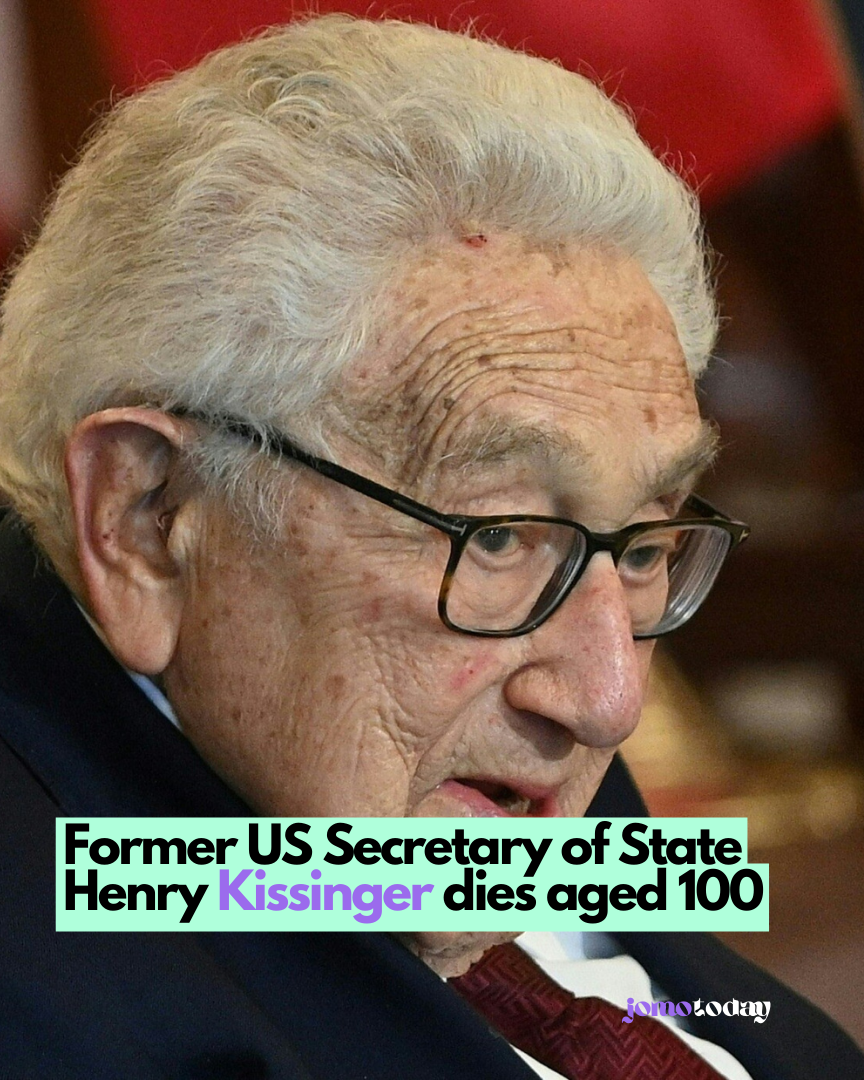Henry Kissinger, the former US Secretary of State, a pivotal figure in shaping US foreign policy during the Cold War, has passed away at the age of 100. His influential role during the Nixon and Ford administrations extended beyond his time in office, as he continued to be a consultant for generations of leaders. Known for his Realpolitik style, Kissinger faced controversy, particularly for his involvement in the bombing campaign against Vietnamese communists in Cambodia, with critics accusing him of war crimes.
Despite leaving the political arena in the mid-1970s, Kissinger’s impact endured. Leaders from various eras sought his counsel, and his diplomatic legacy remains a subject of both admiration and criticism. Notably, former US President George W Bush praised him as one of the most distinctive voices on foreign affairs, while former UK Prime Minister Tony Blair characterized him as an artist of diplomacy motivated by a genuine love for the free world.
Born in Germany in 1923, Kissinger’s journey to the US began in 1938 when his family fled the Nazis. Despite his native Bavarian accent, he became a US citizen in 1943, serving in the US Army and later in the Counter Intelligence Corps. After earning advanced degrees and teaching at Harvard, he rose to prominence when President Nixon appointed him national security adviser in 1969.
Kissinger’s eight-year tenure as both national security adviser and secretary of state saw the US exit the Vietnam War, initiate relations with China, and broker a ceasefire in the 1973 Yom Kippur War. His shuttle diplomacy efforts set a precedent for mediating between disputing parties to reach agreements.
While celebrated for his achievements, Kissinger faced criticism for prioritizing rivalry with the Soviet Union over human rights and supporting repressive regimes, including Augusto Pinochet’s in Chile. Controversy also surrounded his approval of a campaign leading to the bombing of Cambodia and the displacement of millions during the Vietnam War.
In death, as in life, Kissinger’s legacy remains divisive. Some media outlets, such as Rolling Stone and Huffpost, have published critical obituaries, labeling him a war criminal. Kissinger, dismissive of such criticisms, remained active even after turning 100, maintaining an influential role in global affairs. He is survived by his wife, Nancy Maginnes Kissinger, two children, Elizabeth and David, and five grandchildren.
Read more: Aretha Franklin’s Handwritten Couch Will Declared Valid Amidst Family Disputes






1 Comment